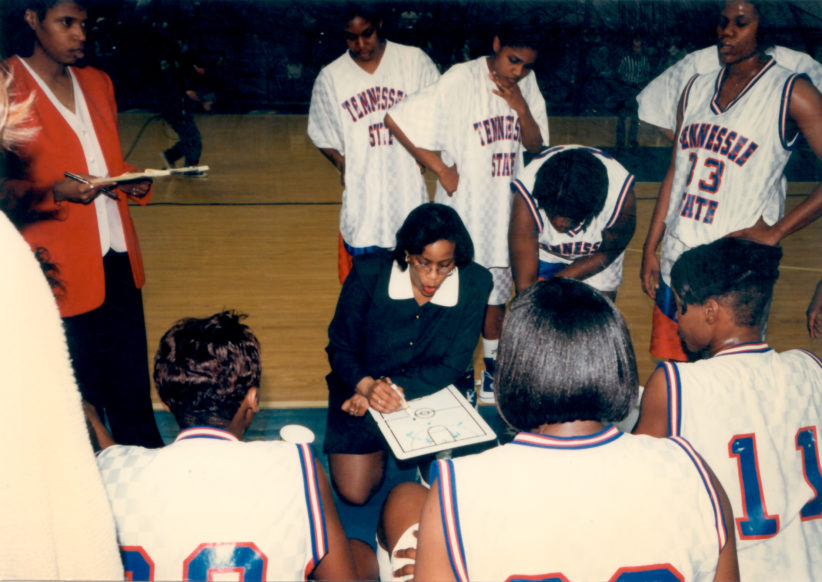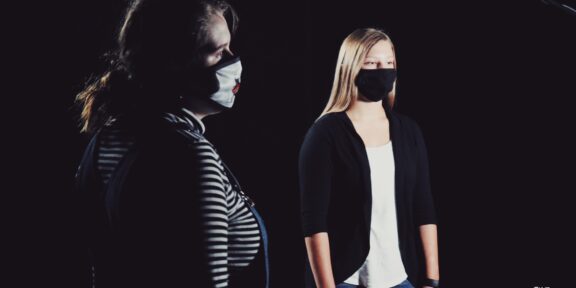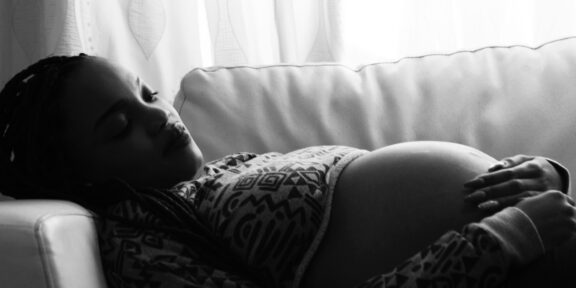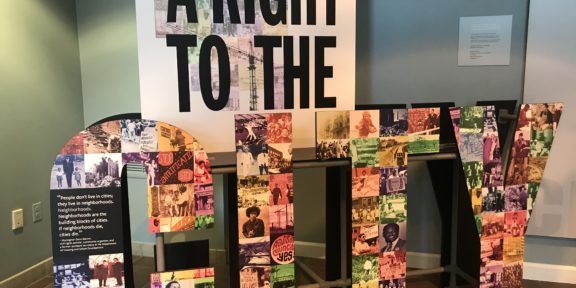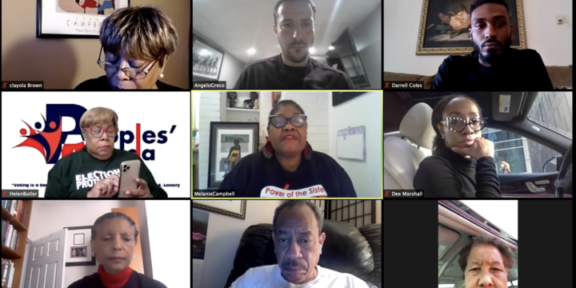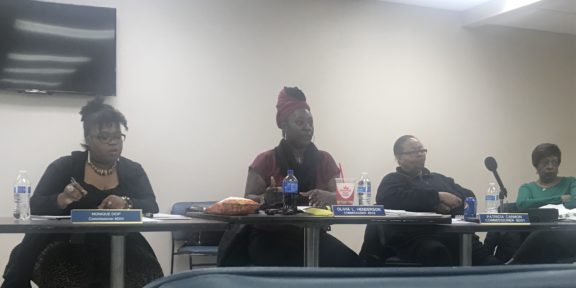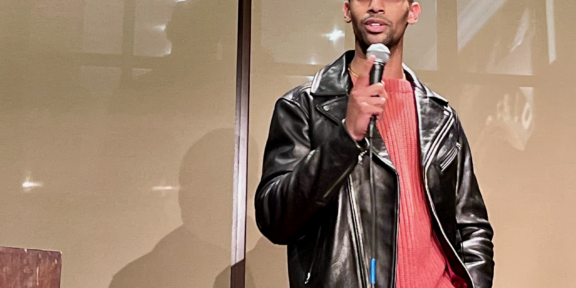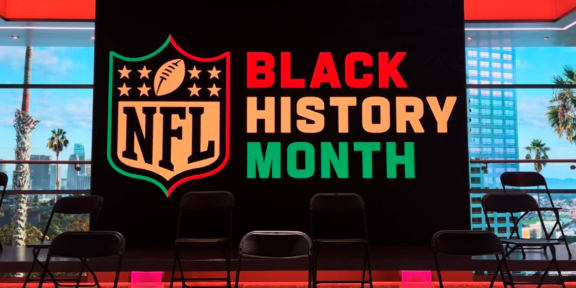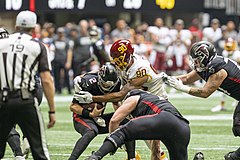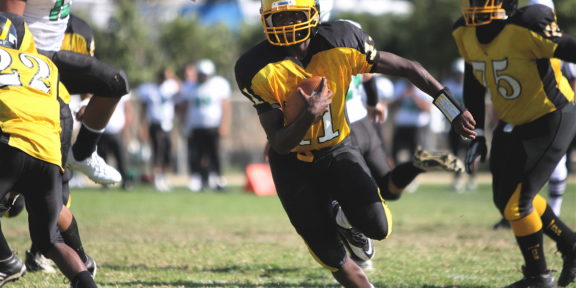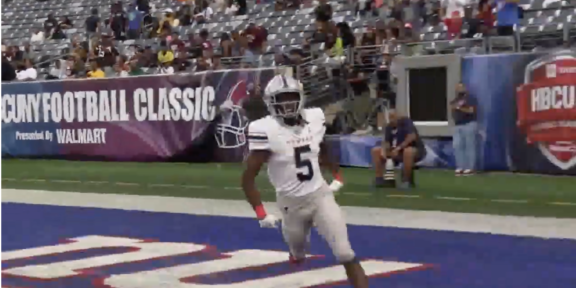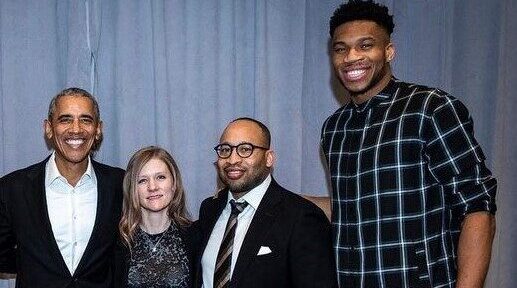You’d have to be a pretty extraordinary woman to make a name for yourself amongst men in the world of basketball. Teresa Phillips, Tennessee State University’s athletic director knows what it’s like to be a pioneer of the game, being the first African American female student athlete to attend Vanderbilt. She’s also the first woman in NCAA history to coach a D1 basketball team.
“I was born in the late fifties. I was born in a time that segregation still existed. Not gender, but race. I remember my older brother who integrated an elementary school in Chattanooga (Reuben Ben Lawrence Jr. Chattanooga Times (1962) Lookout Mountain Elementary). On the athletic side, I came before Title IX, which opened a lot of doors for women.”
For Phillips, diversity in sports can look very different. She lived through the Freedom Rides, which challenged segregated interstate bus travel in 1961. As a young girl, she bore witness to Martin Luther King’s March on Washington and Selma-Montgomery. She joined the Vanderbilt Commodores in 1978, where she carried the torch for NCAA women’s basketball after Lusia Harris became the first African American woman to be drafted by the NBA in 1977.
Which is why it might be surprising to hear she’s never thought about a career coaching in the NBA.
This is now a reality for Kristi Toliver, a decorated women’s basketball player who took University of Maryland to their first NCAA championship title in 2006. Toliver stepped forward as a trailblazer of the sport when she accepted a coaching position with the Washington Wizards in 2018. She’s the fourth woman to coach on a team in the NBA. She’s also the first black woman to do so.
Toliver’s career doesn’t differ much from her female colleagues working in the male dominated division. The two-time all star spent her professional career playing with the Chicago Sky, Las Vegas Sparks, and led the Washington Mystics to the 2018 WNBA finals before leaving to assist the Wizards’ summer league coaching staff.
“It’s definitely groundbreaking to see women start to penetrate a very male dominated sport. And credit to the guys in the league for being open minded. That being said, I want Kristi to be employed in the NBA because she’s very good at what she does. She’s earned it and I know she will be phenomenal. She is a huge inspiration to so many others and that is so special to see,” her former coach, Brenda Frese said.
For athletic director, Phillips, too many of America’s historic obstacles stood in the way of her having that vision for herself.
“I come from an era where I couldn’t have seen that far, but seeing Kristi and other women, hopefully other women will be able to see that far. For the girls at Tennessee State, I want them to envision that.”
There’s no doubt that there are a slew of obstacles black women have and continue to face because of their race and gender; but, while Philips sees the need for diversity at the lowest levels of the sport, she sees the ways black women coaches view the sport and their career opportunities differently from their white counterparts.
She cites a Player’s Tribune roundtable regarding five of the NCAA’s most respected black women coaches and in that video, a major difference stood out to the TSU athletic director.
When Yolette Mcphee-Mccuin said she called Dawn Staley, the University of South Carolina women’s basketball head coach, before the 2017 NCAA championship and told her that she needed to win that championship so other coaches like Mccuin would have a chance to do that too.
That’s something that Philips said, “Other folks don’t worry about that – that they have to keep doing their job well in order to keep the door open for other black women to come in.”
While this step for Toliver is a great move for women and a look to the future of black women in sports, the sport still has a long way to go–on a college level and professionally.
“I hope to see more opportunities. Many people of color who play the sport are very involved in the success on the administrative side. On the coaching end. We should be seeing an equitable percentage and we’re not seeing that. It’s not acceptable to just have a seat on the bench. How many first seats should we be having?” Phillips said.
“It’s no different than when Barack Obama was elected and we had a black president. Seeing one makes you believe that you can be one one day. It’s not far fetched.”

